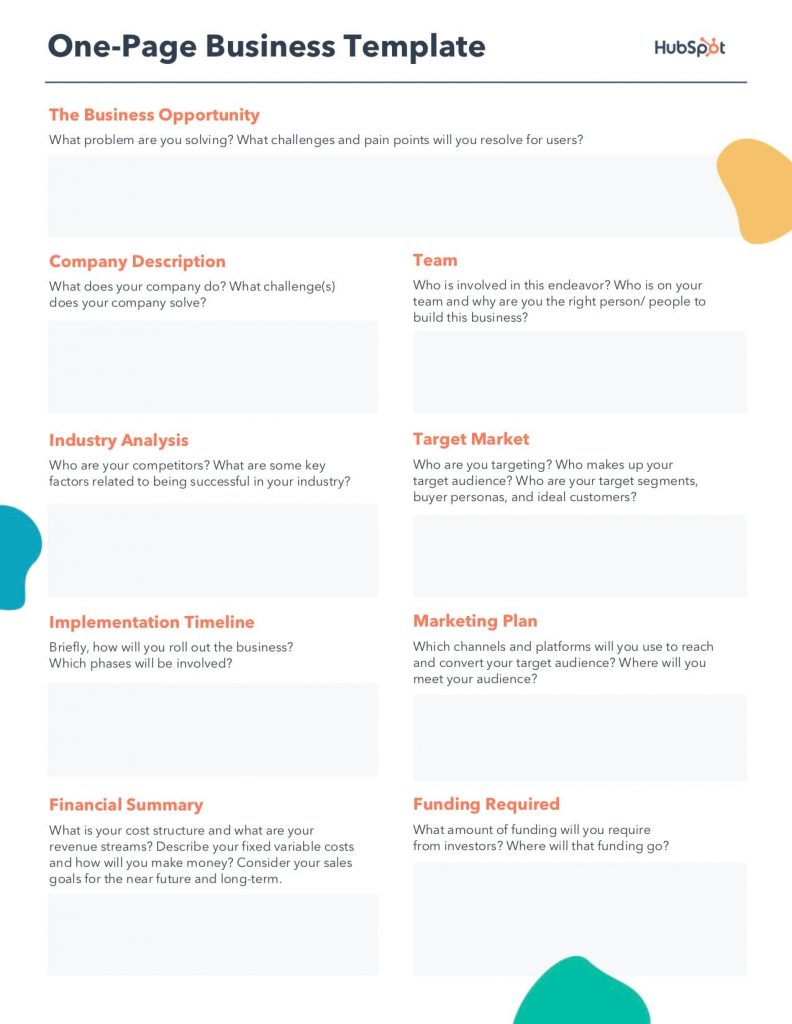What is a Business Plan? Definition, Tips, and Templates

By AJ Beltis
In an era where more than 50% of small enterprises fail in their first year, having a clear, defined, and well-thought-out business plan is a crucial first step for setting up a business for long-term success.
The business plan is an undeniably critical component to getting any company off the ground. It’s key to securing financing, documenting your business model, outlining your financial projections, and turning that nugget of a business idea into a reality.
Business plans are a required tool for all entrepreneurs, business owners, business acquirers, and even business school students. But … what exactly is a business plan?
In this post, we’ll explain what a business plan is, the reasons why you’d need one, identify different types of business plans, and what you should include in yours.
Business Plan Template [Download Now]
Working on your business plan? Try using our Business Plan Template. Pre-filled with the sections a great business plan needs, the template will give aspiring entrepreneurs a feel for what a business plan is, what should be in it, and how it can be used to establish and grow a business from the ground up.
Purposes of a Business Plan
Chances are, someone drafting a business plan will be doing so for one or more of the following reasons:
1. Securing financing from investors.
Since its contents revolve around how businesses succeed, break-even, and turn a profit, a business plan is used as a tool for sourcing capital. This document is an entrepreneur’s way of showing potential investors or lenders how their capital will be put to work and how it will help the business thrive.
All banks, investors, and venture capital firms will want to see a business plan before handing over their money, and investors typically expect a 10% ROI or more from the capital they invest in a business.
Therefore, these investors need to know if – and when – they’ll be making their money back (and then some). Additionally, they’ll want to read about the process and strategy for how the business will reach those financial goals, which is where the context provided by sales, marketing, and operations plans come into play.
2. Documenting a company’s strategy and goals.
A business plan should leave no stone unturned.
Business plans can span dozens or even hundreds of pages, affording their drafters the opportunity to explain what a business’ goals are and how the business will achieve them.
To show potential investors that they’ve addressed every question and thought through every possible scenario, entrepreneurs should thoroughly explain their marketing, sales, and operations strategies – from acquiring a physical location for the business to explaining a tactical approach for marketing penetration.
To show potential investors that they’ve addressed every question and thought through every possible scenario, entrepreneurs should thoroughly explain their marketing, sales, and operations strategies – from acquiring a physical location for the business to explaining a tactical approach for marketing …read more
Source:: HubSpot Blog









